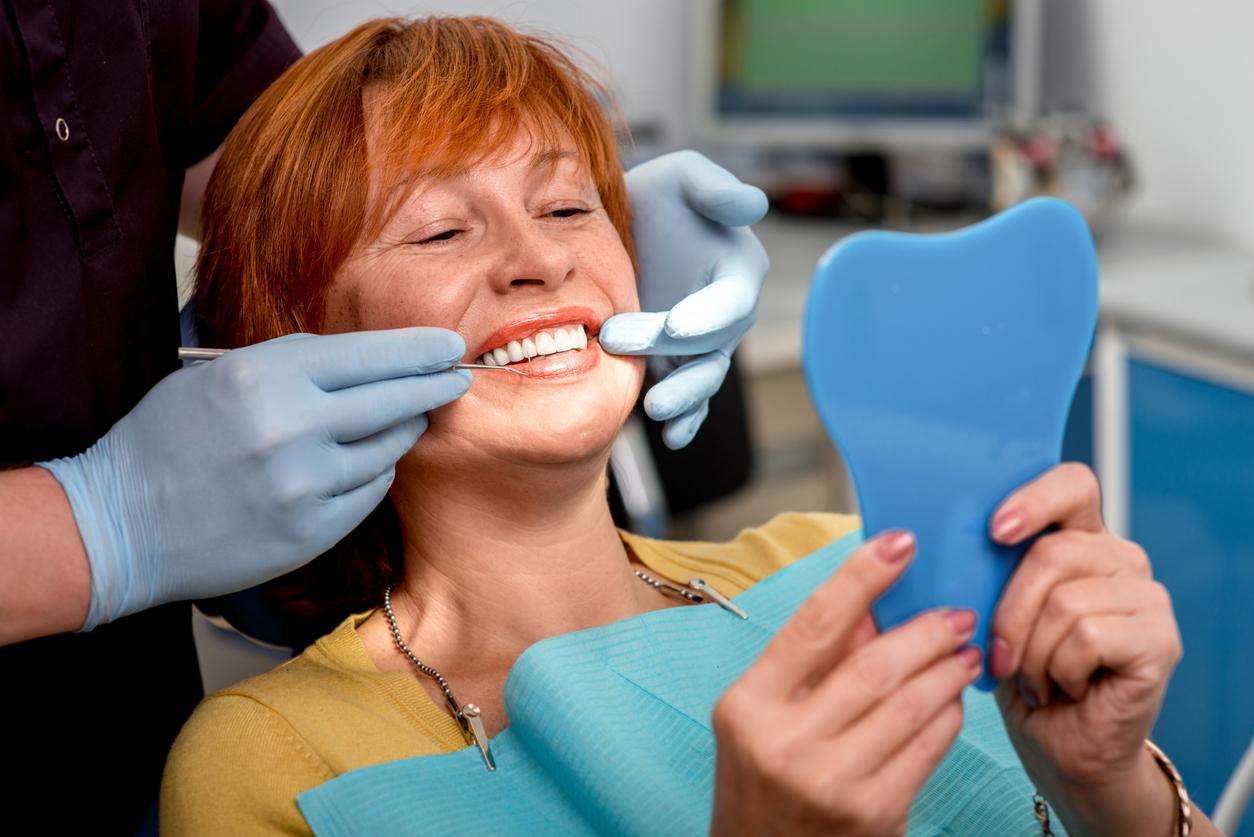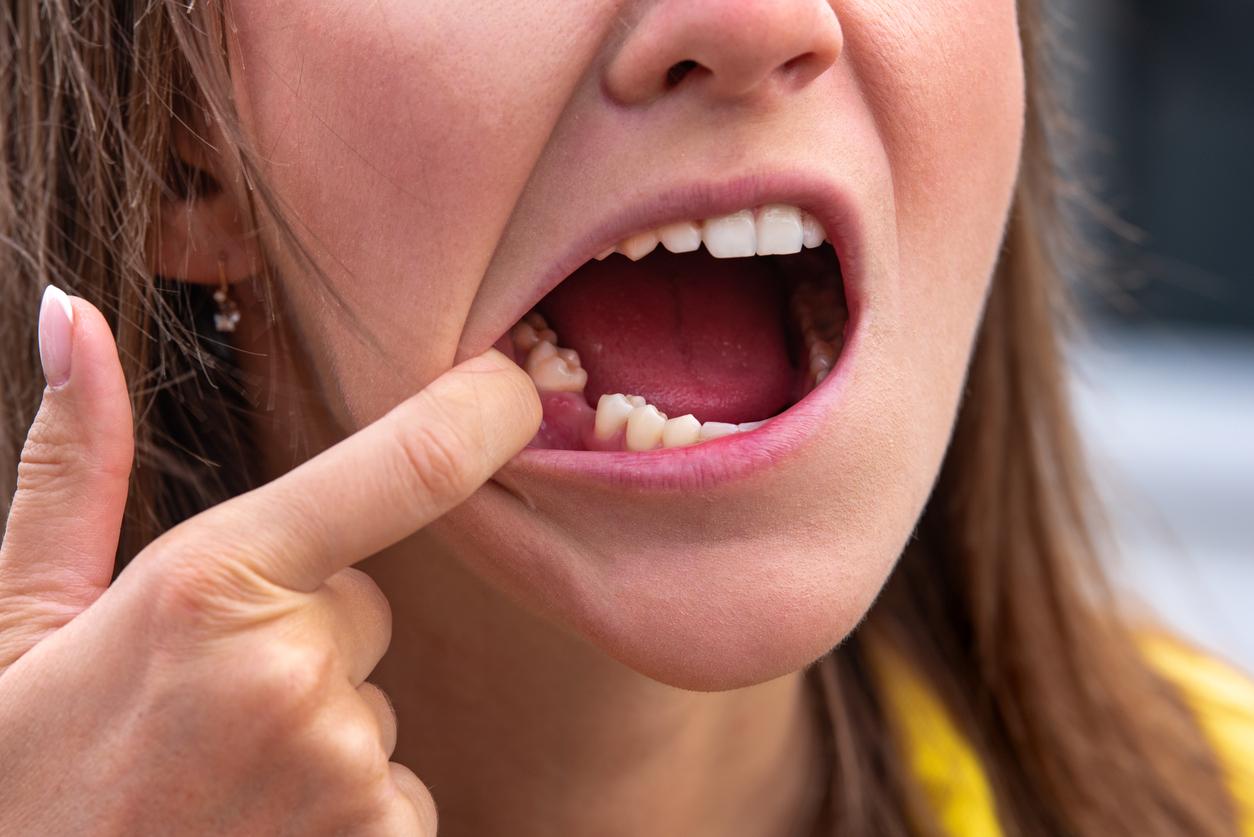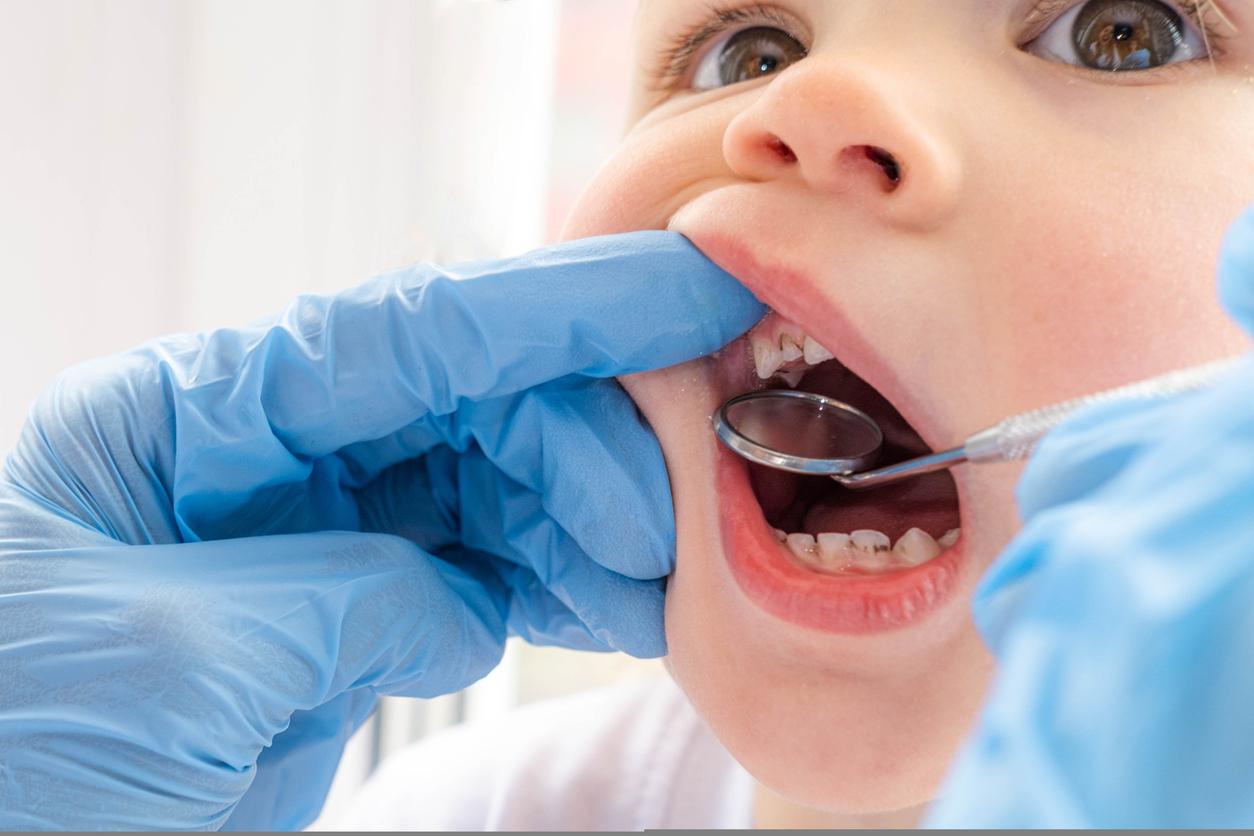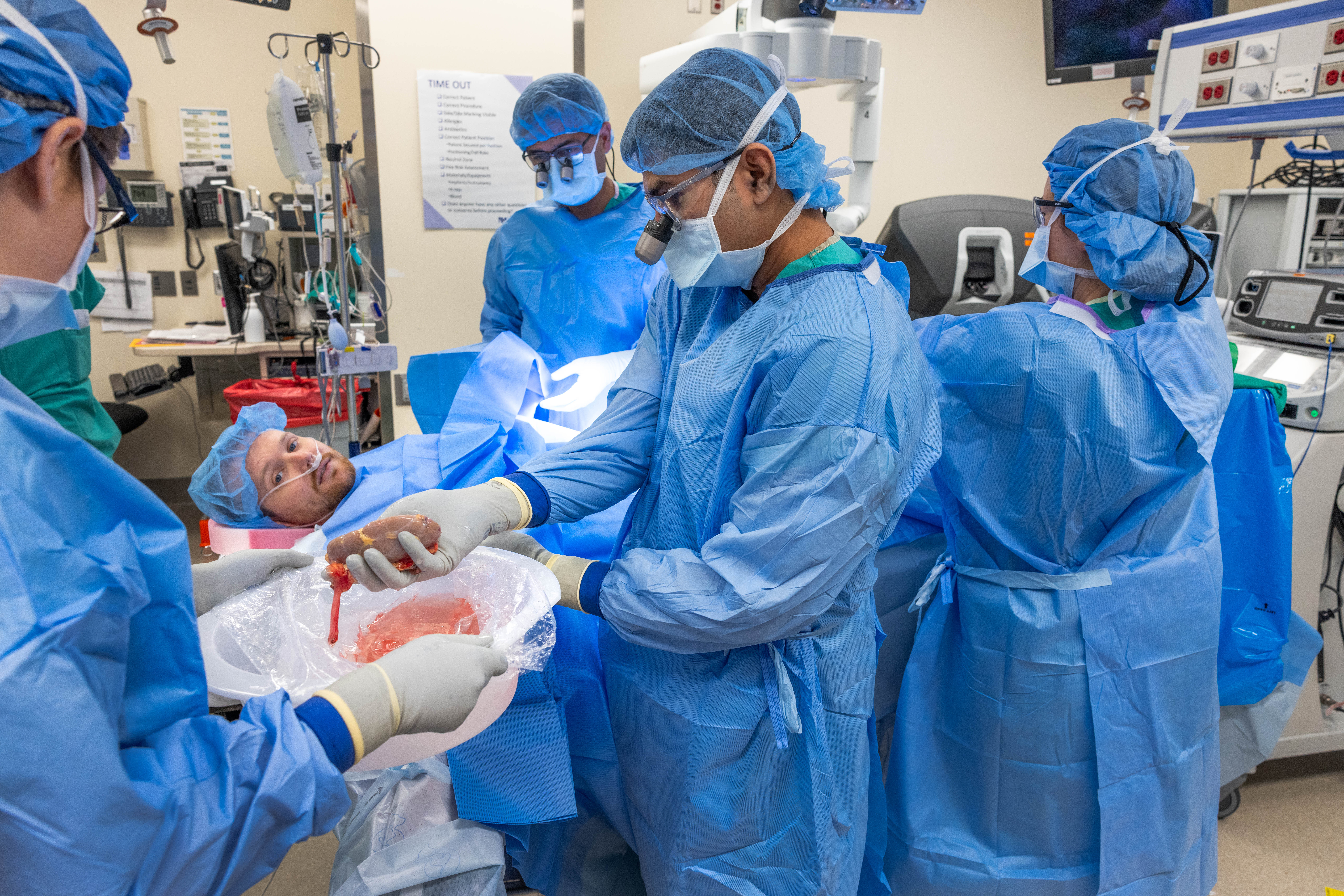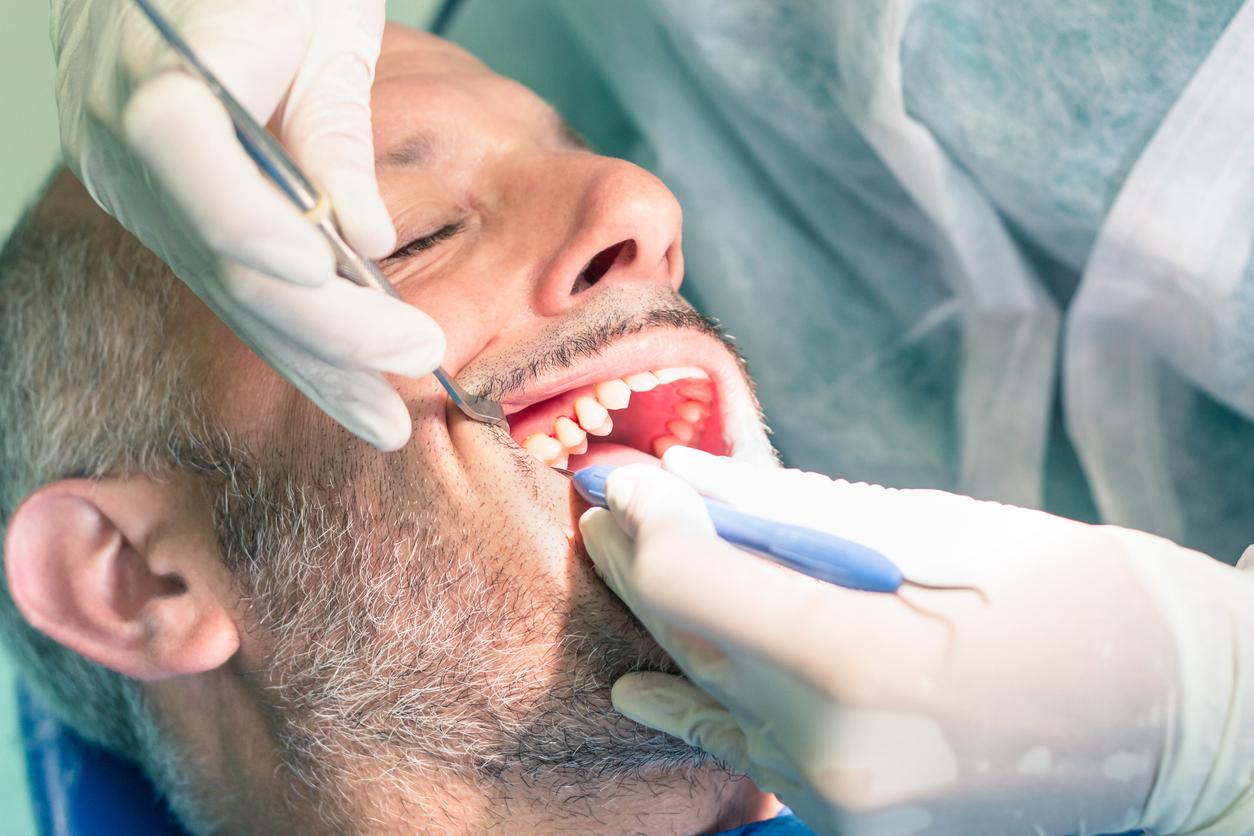Anesthesia reduces the fear of the dentist, but it could harm children’s chocks. According to an in vitro study, the proliferation of dental cells is affected.

Dental prevention is important. Because the anesthetic products used during tooth surgeries can affect the development of children’s quenottes. This is the conclusion of a laboratory study published in Cell Death Discovery.
Dr Bing Hu’s team at Plymouth University (UK) used anesthetics used in Switzerland, China and the UK on pig teeth and permanent dental pulp cells. These drugs disrupt the functioning of mitochondria – kinds of cell batteries -, which induces a mechanism of cell death, autophagy. And this phenomenon increases with the concentrations. It thus affects the proliferation of dental cells.
These results highlight a potential risk associated with the use of local anesthesia. They must be confirmed by clinical studies. “We don’t want our results to frighten parents wrongly,” says Bing Hu. Necessary dental care should always be performed. What the team hopes is to encourage the authorities to think about an optimal dosage, which reduces the risks as much as possible.
As for parents, concludes Dr Bing Hu, the optimal solution remains prevention: “Our results highlight the need for parents to help their children to avoid the use of dental surgery, such as tooth extractions, by being careful. to their diet and good oral hygiene, and with regular visits to the dentist. In clearer terms, prevention is better than cure.
o
.










